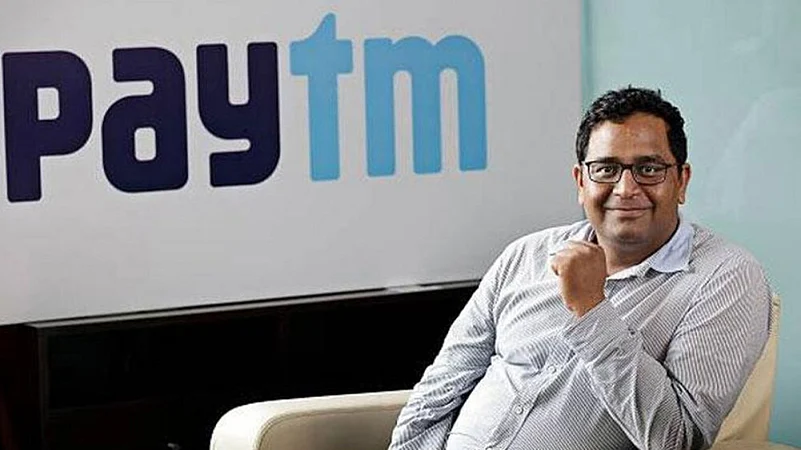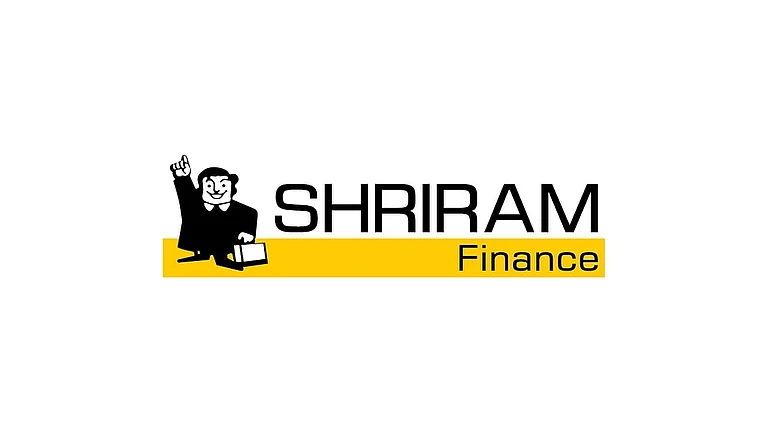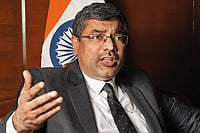Fintech major Paytm recorded Rs 516 crore of expenses on account of share-based payments to its directors, key managerial personnel and their relatives in the first half of financial year 2024-25, even as it was under the intense regulatory glare of the Reserve Bank of India (RBI) and the Securities and Exchange Board of India (Sebi), according to related party transaction filings of the company.
While the RBI pulled up Paytm Payments Bank, which is owned by Paytm (49% stake) and its founder Vijay Shekhar Sharma (51% stake) in February this year, market regulator Sebi had sent a show cause notice to the company for alleged non-compliance with employee stock ownership plan (Esop) allocation norms.
Paytm has spent Rs 3,336 crore on Esop payments to top brass since October 2021—even as the company’s stock price remains 63% below its initial public offering (IPO) price of November 2021.
Its Esop expenses on directors, key managerial personnel and their relatives stood at Rs 1,138 crore, or 78% of the total share-based payment expenses during FY24.
This regulatory classification of Paytm’s top brass includes founder and chief executive officer Vijay Shekhar Sharma and chief financial officer Madhur Deora.
Almost three years after going public at a valuation of about Rs 1.4 lakh crore, it currently has a market capitalisation of around Rs 50,830 crore.
Following the RBI’s action on Paytm Payments Bank in February, Paytm’s revenue declined 33% to Rs 1,639 crore in the June quarter while net loss ballooned to Rs 840 crore. Subsequently, the company recorded a loss of Rs 415 crore before an exceptional gain of Rs 1,345 crore due to the selling of its entertainment ticketing business in the September quarter. Meanwhile, its revenue dropped 34% to Rs 1,659 crore.
As a few new-age companies that went public in 2021-22 have struggled to show profitability, market observers and analysts are sceptical of large Esop grants to the top brass. More often than not, founders turn out to be the biggest beneficiaries of such dole-outs.
As Esops are typically structured to vest over a period of 4-5 years, these grants would continue to have a bearing on the financials over the next couple of years.
Paytm founder Vijay Shekhar Sharma was granted 2.1 crore ESOPs just prior to the company's IPO in 2021. At the time, the value of those shares was Rs 4,515 crore.
Sebi’s show-cause notice this year was regarding that Esop grant. It questioned whether Sharma was eligible to receive Esops as his shareholding (19.35%) in the company was akin to a promoter and not a typical employee. According to Sebi rules, promoters are not allowed to avail of ESOPs.
This issue was first flagged in a note published by proxy advisory firm Institutional Investor Advisory Services in early 2023, which alleged that Paytm may have been circumventing regulations to grant Esops to Sharma.
However, Paytm has said that the company is in compliance with all norms.
Paytm has revealed in its regulatory filings that its Esop costs are expected to be Rs 1,174 crore in FY25, Rs 558 crore in FY26 and Rs 225 crore in FY27. However, these figures assume that all granted Esops are vested and no new Esops would be granted in the following years.






























